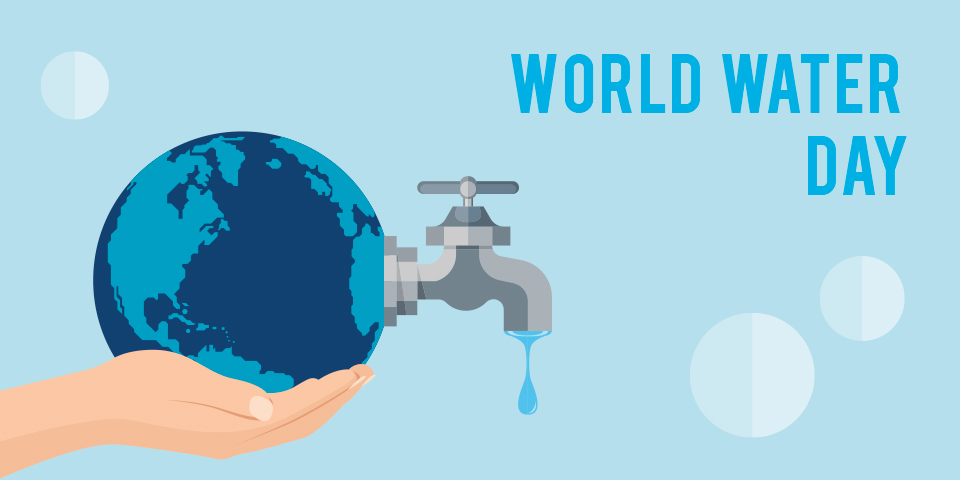LAHORE ( Web News )
Nestlé Pakistan and LUMS pledged to continue playing their role as water stewardsin a session for World Water Day, under this year’s theme ‘Valuing Water’. The webinar featured speakers from WWF, Hisaar Foundation and Pakistan Agricultural Research Council, and focused on valuing water in agrarian economies like Pakistan by encouraging a collective action approach to conserve and sustainably use shared water resources.
Mohsin Khan Leghari, Minister Irrigation, Government of Punjab, stressed the urgency of putting water at the heart of action plans and policy in his keynote address. “Our government is focused on a policy, on usage and distribution of water, including irrigation, agriculture and industrial use, as there are water inefficiencies in the agriculture sector which is consuming more than 90% of the country’s water resources,“ he said.
Waqar Ahmad, Head of Corporate Affairs & Sustainability, Nestlé Pakistan while highlighting Nestlé’s landmark Caring for Water (C4W)-Pakistan initiative, said, “Nestlé is working with a wide range of partners to conserve shared water resources, including Punjab Agriculture Department, Sustainable Development Policy Institute (SDPI), PARC, WWF and LUMS, in its efforts to contribute to the UN SDGs.”
“Under our broad sustainability agenda and our C4W-Pakistan initiative, we have collectively installed drip irrigation system on 152 acres of farmers in our value chain, with an annual estimated water saving of 428 million liters. We also aim to scale up our investment in low cost smart soil moisture sensors which send regular updates to farmers about which area to irrigate and how much,” he added.
Dr Abubakr Muhammad, Director Center for Water Informatics & Technology, LUMS stressed the need to deploy modern technologies to farmers. “It is important to integrate technologies such as moisture sensors and drip irrigation with good practices of sustainable agriculture such as mulching and raised beds. These technologies and practices must be indigenized and supported for wide adoption by supporting local industry.”
Panelists emphasized the importance of collective action and water stewardship to enhance the capacity of other businesses and sectors. The discussion consisted of comments from other notable speakers including Simi Kamal (Chairperson, Hisaar Foundation), Dr. Bashir Ahmad, (Director, Climate, Energy and Water Resources Institute, Pakistan Agricultural Research Council), Hammad Naqi (CEO, WWF-Pakistan) and Dr. Fozia Parveen (Post Doctorate Fellow and Adjunct Faculty, LUMS).

